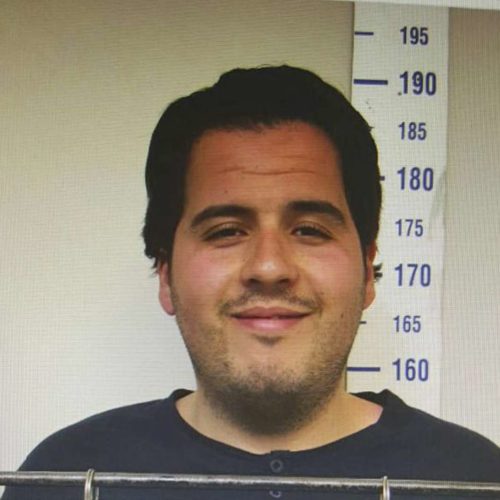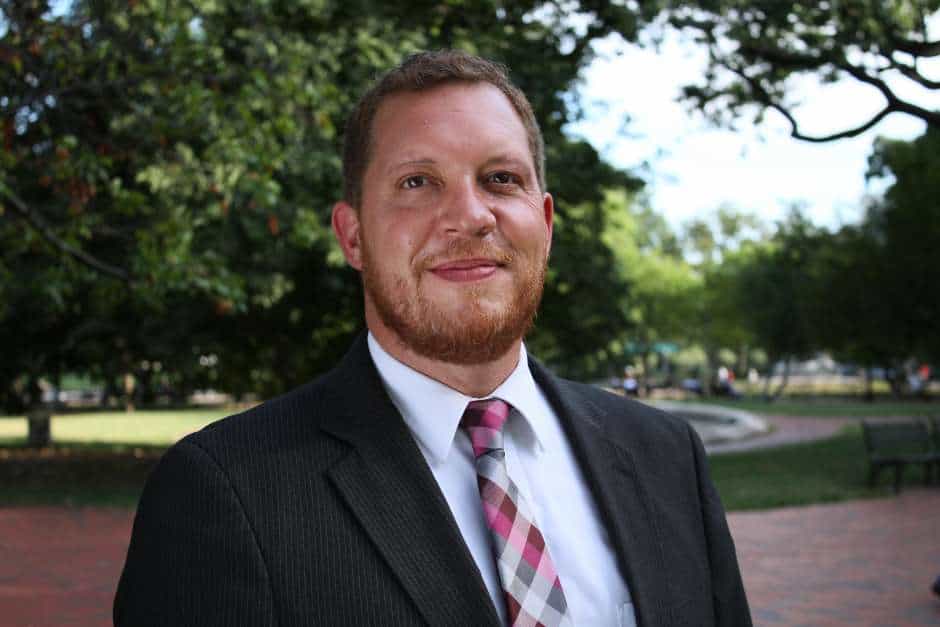Introduction
The two brothers who detonated suicide bombs at an airport and subway station in Brussels this week, killing at least 31 and injuring hundreds more, had spied on a senior Belgian nuclear official in the Islamic State’s quest to get radioactive materials for a dirty bomb, NBC News reported Thursday.
Last month, in a story pointing out the historic vulnerabilities of Belgium’s nuclear facilities, The Center for Public Integrity reported on two men caught on camera secretly recording the Belgian nuclear official.
NBC News reported that the two brothers who exploded the bombs — Khalid el-Bakraoui and Ibrahim el-Bakraoui — were the ones doing the taping. Their source was Claude Moniquet, a former intelligence official from France who was hired to investigate terrorist threats to nuclear targets in Europe.
The brothers saw the nuclear official as a way to gain the materials necessary to carry out an unprecedented act of terror.
Instead, they carried out a more conventional attack. Authorities have said Ibrahim el-Bakraoui, 29, detonated one of the two bombs that rocked the airport, and an hour later Khalid el-Bakraoui, 27, set off the lone bomb at a subway station.

The footage was discovered in a home rented by Mohamed Bakkali, who was arrested on suspicion of helping to plot the Nov. 13, 2015, terrorist siege on Paris that killed 130 people and wounded hundreds more. The hours of clandestine video footage focused on a Belgian nuclear official’s home in Flanders.
As the investigation progressed, surveillance cameras in the nuclear official’s neighborhood showed two shadowy figures in the night retrieving a video camera hidden in a bush near the nuclear official’s home before driving away in a car with its headlights off. Moniquet’s remarks suggest that the men shown fetching the camera were the el-Bakraoui brothers.
“The terrorist cell … naively believed they could use [the nuclear official] to penetrate a lab to obtain nuclear material to make a dirty bomb,” Moniquet, chief executive officer of the consulting firm European Strategic Intelligence and Security, told NBC News.
In an email to the Center for Public Integrity, Eric Van der Sijpt, a spokesman for the Belgian prosecutor’s office, wrote, “This information can not [sic] be confirmed.”
The official featured on the cell’s secret video works at the Belgian Nuclear Research Centre, known as SCK-CEN, in Mol, about an hour’s drive northeast of Brussels. He held clearance that gave him extensive access to nuclear materials and radioisotopes for medical and industrial purposes which readily lend themselves for use in a dirty bomb.
That raised concern among leaders of Belgium’s nuclear program that terrorists might have seen the official they targeted as possible leverage to obtain nuclear or radiological materials.
“We can imagine that the terrorists might want to kidnap someone or kidnap his family,” Nele Scheerlinck, a spokeswoman for Belgium’s nuclear regulatory body, told The Center for Public Integrity in February.
On April 4, the Belgian government for the first time deployed armed soldiers to guard nuclear reactors and power stations. The unarmed contract security force that historically had guarded the seven nuclear reactors and two power plants in Belgium had worried President George W. Bush’s administration in 2004, diplomatic cables released by Wikileaks showed.
The U.S. supplies Belgium with highly-enriched uranium, a vital element for nuclear weapons that Belgian plants use to make radioisotopes. Then-Secretary of State Colin Powell privately warned his Belgian counterpart in 2004 that U.S. leaders were uneasy about the weak security at Belgium’s nuclear sites.
Besides physical security, there has been cause for alarm about insider threats at Belgium’s nuclear sites. In 2014, an act of sabotage caused millions of dollars of damage to a nuclear reactor in Doel, 56 miles west of the research center in Mol. The saboteur has not been caught, and terrorism has neither been identified nor ruled out as the motive, according to Van der Sijpt.
That same year, Belgian intelligence officials learned that 26-year-old Moroccan Ilyass Boughalab was killed in Syria fighting for the Islamic State. From 2009 to 2012, he had worked as an inspector of welding at the Doel plant. Boughalab’s job gave him access to highly sensitive and vulnerable areas of the reactor.
Moniquet told NBC News the terrorists’ bid to access the materials necessary to create a dirty bomb failed. A bomb containing radiological materials, though far less deadly than a nuclear weapon, could trigger panic and cause billions of dollars in damage to a major city.
“We know that the threat of nuclear radiological terrorism is not a theoretical risk,” Miles Pomper, a senior fellow at the James Martin Center for Nonproliferation said Wednesday.
Pomper was part of an expert panel from the Fissile Materials Working Group, a consortium of 80 nongovernmental organizations working to secure nuclear materials globally, that held a briefing for reporters at the National Press Club ahead of next week’s Nuclear Security Summit in Washington, D.C.
More than 50 heads of state are expected to attend, but Russia will not be represented. It will be the fourth and presumably final meeting between world leaders with the express purpose of keeping nuclear and radiological materials safe from terrorists.
“The reality is, every country has an interest in making sure the countries that have these stocks protect them effectively, because the stuff could be lifted off from one place and used on the other side of the planet,” Matt Bunn, a professor at Harvard University who’s written more than 20 books and more than 100 articles on topics including nuclear security and terrorism. “Insecure nuclear material anywhere is a threat to everyone everywhere.”
The panelists were in consensus that the summits initiated by President Barack Obama have led to improved security of nuclear and radiological material around the world. But much work remains to be done, and they worry that with the end of the summits, international cooperation will lose momentum.
They also agreed that the possibility of terrorists using a dirty bomb is less a question of if, than of when.
“It is nothing short of a miracle that we haven’t yet seen a dirty bomb in a terrorist attack,” nuclear terrorism expert Andrew Bieniawski, vice president for material security and minimization at the Nuclear Threat Initiative, said. “And so what happened recently in Brussels is really a warning and a wakeup call.”
Read more in National Security
Nuclear Waste
Obama’s nuclear security summits end with unfinished work
Progress was not sufficient, officials and experts agree
Nuclear Waste
Nuclear Security: A vital goal but a distant prospect
Seven years of U.S. pressure has produced only modest progress in locking down nuclear explosives to block their use by a terrorist


Join the conversation
Show Comments